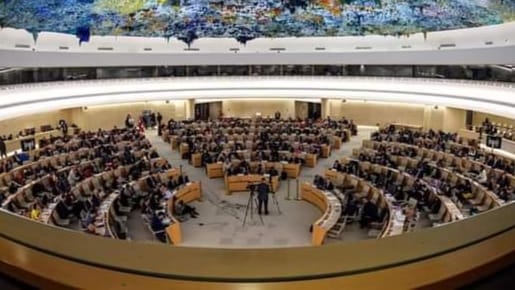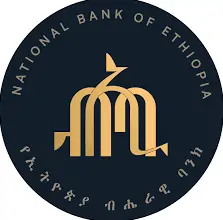UN Human Rights Council has adopted a resolution for reinvestigation of human rights abuses committed in Ethiopia. In a special session of the UN Human Rights Council today, 21 member states votes in support of the resolution, 15 voted against it and 11 abstained. All African countries either voted against the resolution or abstained themselves.
Will the Ethiopian government accept this new resolution? Two days ago Ethiopian government, in a statement, rejected today’s special session calling it politically motivated.

The Resolution reads as:
Article 9 of @UN_HRC resolution on Ethiopia:
Decides to establish, for a period of one year, renewable as authorized by the Human Rights Council, an International Commission of Human Rights Experts on Ethiopia, to be appointed by the President of the Human Rights Council, with the following mandate:
(a)to conduct thorough investigations into allegations of violations and abuses of international human rights law and violations of international humanitarian law and international refugee law in Ethiopia, committed since 3 November 2020 by all parties to the conflict, including the possible gender dimensions of such violations and abuses, by building upon the report of the Office of the High Commissioner and the Ethiopian Human Rights Commission,
(b)to establish the facts and circumstances surrounding the alleged violations and abuses, to collect and preserve evidence, and, where possible, to identify those responsibly, and to make such information accessible and usable in support of ongoing and future accountability efforts,
(c)to provide guidance on transitional justice, including accountability, reconciliation, and healing, as appropriate, and to make recommendations on technical assistance to the Government of Ethiopia to support accountability, reconciliation, and healing,
(d)to integrate a gender perspective and a survivor-centered approach throughout its work,
(e)to engage with all relevant stakeholders, including the Governments of Ethiopia and Eritrea, the Office of the High Commissioner, the Inter-Ministerial Taskforce, the Ethiopian Human Rights Commission, the African Union, the African Commission on Human and Peoples’ Rights, the Intergovernmental Authority for Development and civil society,









More Stories
Ethiopian Ministry Proposes Ban on Sports Betting
National Bank of Ethiopia NBE Exchange Rates
Gold Price in Ethiopia